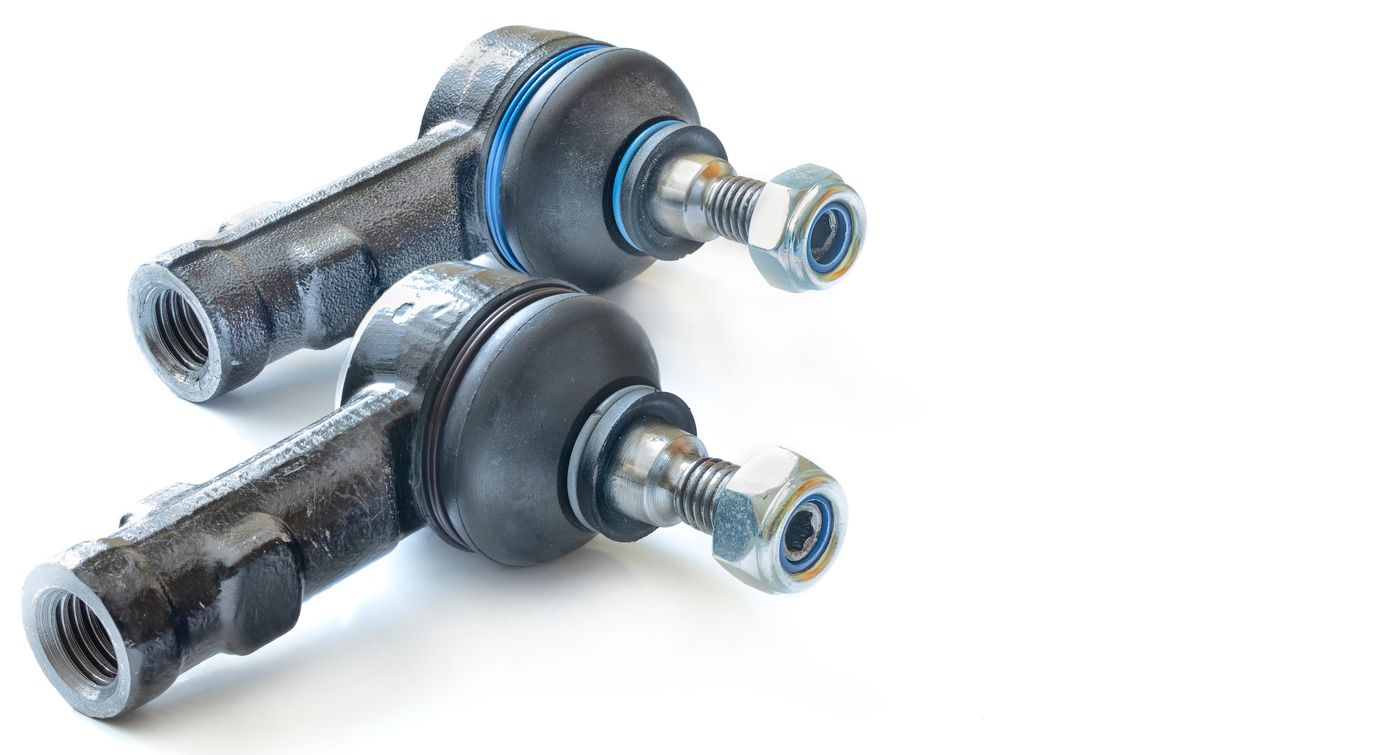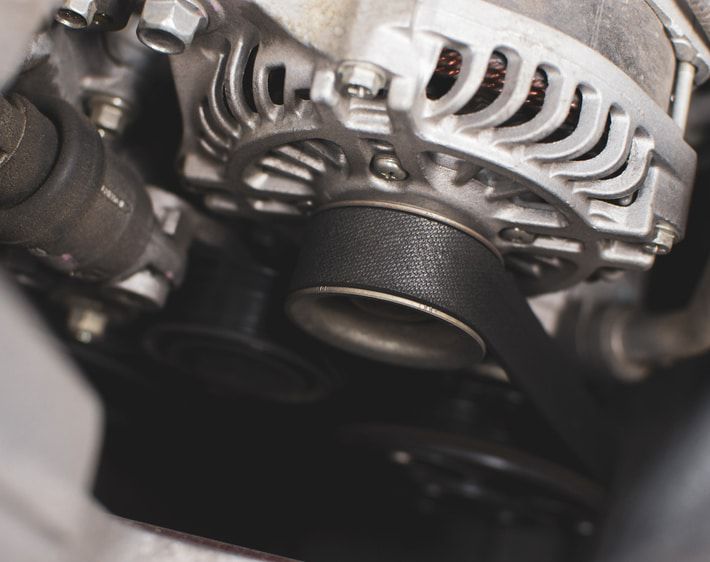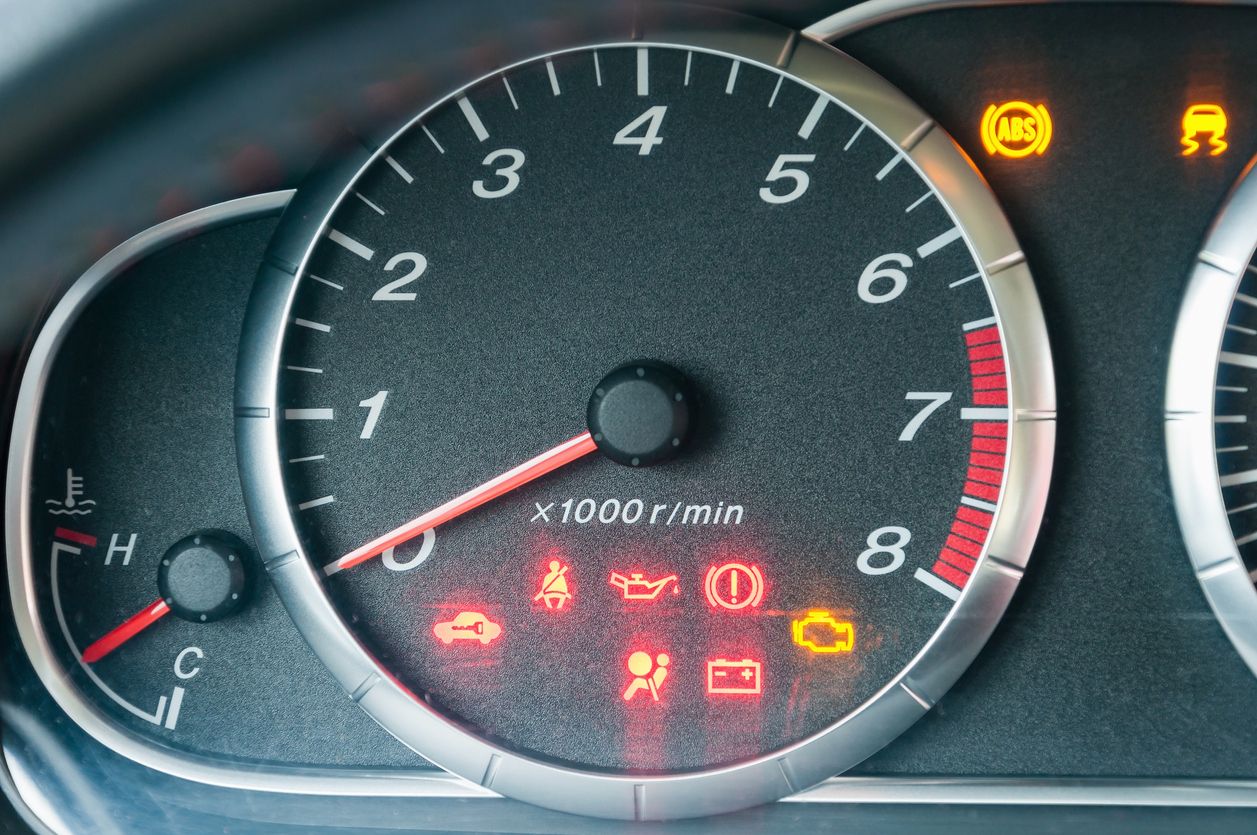In a world where sustainability and efficiency are becoming increasingly vital, hybrid cars have become a popular choice for environmentally conscious drivers. Whether you’re considering purchasing a hybrid or are already navigating the roads with one, you probably have questions: Do hybrid engines last longer? Do hybrid cars last longer than their conventional counterparts?
We can answer those questions and more. Learn everything you need to know about the longevity of hybrid cars — from what factors affect their lifespan to how they stack up against conventional internal combustion engine (ICE) vehicles.
Do Hybrids Last Longer Than Regular Cars?
They certainly can! When you combine the combustion engine and electric motor, synergy happens. You can think of synergy as 1+1=3, and in this case, combustion engine + electric motor equals longevity.
By incorporating both a combustion engine and electric motor(s), hybrid cars are able to distribute their workload efficiently. Often, this results in less wear and tear on both the conventional engine and the electric motors.
When adding regenerative braking into the mix, battery pack range can also become extended. Ultimately, this means that — when properly maintained — hybrid cars can offer a durability that rivals, and in some cases, exceeds that of traditional ICE vehicles. In short, a properly maintained vehicle will almost always outlast a poorly maintained one.
How Many Miles Can a Hybrid Car Last?
But how long do hybrids last, really? Many manufacturers expect their hybrid vehicle high-voltage battery packs to last somewhere between 8 years or 100,000 miles. If you think that sounds like a broad span, you’re absolutely right. That average lifespan is still influenced by early hybrids, which were produced when battery pack longevity was less than stellar. But with advancements in battery technology, it’s not uncommon to see some hybrids last 200,000 miles or more.
According to the Federal Highway Administration (FHWA), we drive 13,476 miles per year on average. So, if your hybrid lasted 200,000 miles, you could get nearly 15 years out of it! With that said, proper maintenance is the best way to keep your hybrid on the road for as long as possible. Don’t believe us? Check out our post on what can happen if you ignore your manufacturer’s suggested maintenance schedule. Spoiler alert: it’s not good news!
Wear and Tear on Hybrid Vehicles
You might think that driving a hybrid means less maintenance — after all, your cooling systems may not have to work as hard, your oil might last longer, and your brake pads shouldn’t wear as quickly, thanks to regenerative braking. But time takes its toll on everything, so hybrid components like these still need to be maintained:
Battery Pack
Since your battery pack provides your hybrid’s electric motors with power, it can experience a significant amount of wear. With time and use, your battery pack’s capacity to hold a charge may decline — especially in exceptionally cold or hot conditions. Overcharging or frequently draining your battery to low levels and not allowing it to recharge can also reduce its capacity over time.
However, even with normal use, hybrid battery packs typically hold up well — and in the case that they don't, you can rest easy knowing that many manufacturers warranty their battery packs for about 10 years or 150,000 miles.
Engine
Everything wears out over time. So as a hybrid owner, your combustion engine is still susceptible to the same degradation that engines in traditional vehicles undergo — spark plugs and fluids can still wear down, and seals can stop sealing. Overheating can still lead to failure, and contaminants in your gasoline can still clog fuel injectors.
The good news is that since hybrid vehicles balance the load between your combustion engine and electric motors, your engine will probably experience these problems less frequently than one in a conventional vehicle.
Tires
Unfortunately, the tires on hybrid vehicles can wear down faster than those of traditional vehicles. This can happen for a couple of reasons:
- Weight Distribution: Hybrid and fully electric vehicles (EVs) have to store their large, heavy battery packs somewhere. The added weight from the battery pack can cause quicker tire wear.
- Nearly Instant Acceleration: Unlike traditional engines, electric motors typically don’t have a “wind-up” time. Instead, they produce torque nearly instantly. This instant torque can increase tire wear.
Fortunately, specialized hybrid and EV tires can resolve many of these issues. Constructed with stiffer sidewalls and hardier rubber compounds, EV-specific tires can typically withstand the extra weight and torque of hybrid vehicles.
Keep Your Hybrid Healthy with Firestone Complete Auto Care
At the end of the day, hybrids have proven to be durable. However, like any vehicle, their systems require proper maintenance.
To ensure your hybrid stays on the road for years to come, you’ll want to stay on top of your manufacturer-suggested maintenance schedule. That’s where your local Firestone Complete Auto Care comes in. We can regularly change your oil, rotate your tires, inspect your brakes, and even help you follow the proper battery charging procedure. Schedule your appointment today!



